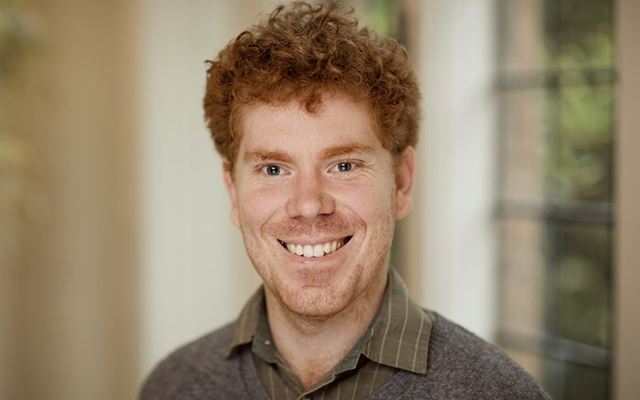

ATGACGGATGCCGGAATTGGCATGACGGATGCCGGAATTGGCACATAACAAGTACTGCTCGGTCCTTAAGCTGTATTGCACCATATGACGG
ATGCCGGAATTGGCACATAACAAGTACTGCCTCGGTCCTTAAGCTGTATTGCACCATATGACGGATGCCGGAATTGGCACATAACAAGTAC
TGCCTCGGTCCTTAAGCTGTATTGCACCATATGACGGATGCCGGAATTGGCACATAACAACGGTCCTTAAGCTGTATTGCACCATATGACG
GATGCCGGAATTGGCACATAACAAGTACTGCCTCGGTCCTTAAGCTGTATTTCGGTCCTTAAGCTGTATTCCTTAACAACGGTCCTTAAGG
ATGCCGGAATTGGCACATAACAAGTACTGCCTCGGTCCTTAAGCTGTATTGCACCATATGACGGATGCCGGAATTGGCACATAACAAGTAC
TGCCTCGGTCCTTAAGCTGTATTGCACCATATGACGGATGCCGGAATTGGCACATAACAACGGTCCTTAAGCTGTATTGCACCATATGACG
GATGCCGGAATTGGCACATAACAAGTACTGCCTCGGTCCTTAAGCTGTATTTCGGTCCTTAAGCTGTATTCCTTAACAACGGTCCTTAAGG
SIB Speaker Roadshow Initiative: Alex Zarebski on Narrow AI for Phylodynamics
Maximizing impact, minimizing footprint
The SIB Speaker Roadshow initiative helps reduce the environmental impact of international speaker visits by encouraging SIB members to organize multiple talks across Swiss universities and institutes. By supporting travel and accommodation costs within Switzerland, the initiative enables broader sharing of a speaker’s expertise—while minimizing additional travel and CO₂ emissions.

Alex Zarebski from the University of Cambridge will be giving two talks in Switzerland:
📍 Bern – 31 March at 15:15, at the Institute of Ecology and Evolution of the University of Bern, Baltzerstrasse 6, 3rd floor, room D348 (organized by Claudia Bank)
📍 Basel – 16 April, 11:15, at the ETHZ D-BSSE, BSS E52, Klingelbergstrasse 48 (organized by Louis du Plessis)
🔹 Talk Title: Narrow AI for Phylodynamics
🔗 More about the speaker:
Abstract:
Deriving likelihoods for new phylodynamic models (and constructing efficient algorithms to evaluate them) is challenging. Neural likelihood-free inference is a collection of methods aiming to overcome this challenge. Moreover, they can often be applied even when you don't have access to a supercomputer or terabytes of data. These methods use simulated data to train neural networks to predict model parameters (with quantified uncertainty) when given real data. This talk will introduce neural likelihood-free inference and some of its main methods for frequentist and Bayesian inference; problems in phylodynamics and infectious disease epidemiology will provide motivation.
